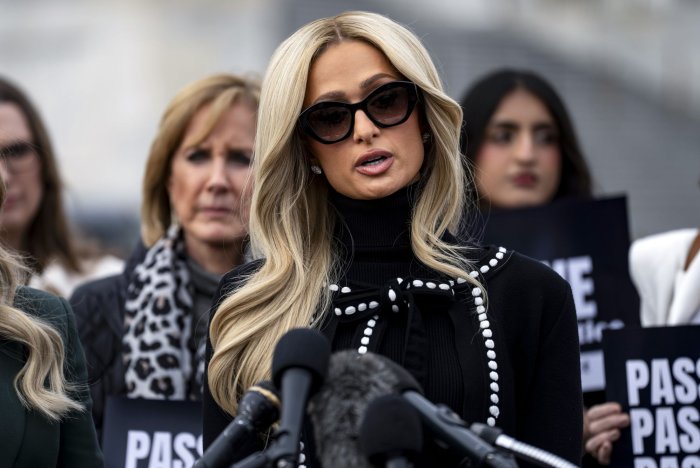Minnesota has one-day general strike Friday with marches, prayer, no spending
Jan. 23 (UPI) — People are calling out of work, businesses are shutting down and people are avoiding spending money in Minnesota Friday as a protest of the federal agents surge in their state.
The general strike day is called ICE Out of Minnesota: Day of Truth and Freedom, and the organizers have called for people to boycott work, school and shopping. The strike calls for an immediate end to Immigrations and Customs Enforcement agents in the state and charges for the ICE agent who shot and killed Renee Nicole Good. It also demands no more funding for ICE in the next federal budget.
“It’s tense and emotional, and folks are hurting,” Bishop Dwayne Royster, executive director of Faith in Action, told The New York Times. He said Minnesotans are showing their “deep resilience and willingness to stand together in ways I haven’t seen folks do in a very long time.”
The day of the protest will be difficult for those braving the weather, as Minnesota is under an extreme cold warning Friday. Temperatures in the Twin Cities are expected to drop to minus 20 degrees, with wind chills of minus 41 degrees.
A march is scheduled for 2 p.m. CST in Minneapolis, and prayer vigils are planned all over the state.
The city has been under tension for weeks since the agents arrived. Good was killed by ICE agent Jonathan Ross on Jan. 7. Federal prosecutors recently subpoenaed Gov. Tim Walz, Mayor Jacob Frey and other Democratic elected officials. A Nicaraguan detainee died in ICE custody of an apparent suicide. On Thursday, a 5-year-old boy was detained with his father, and three other children were taken. Three activists were arrested after a protest during a church service. Vice President JD Vance visited the city Thursday to “restore law and order” in the city, and he blamed local officials for the “chaotic” ICE enforcement.
The cities of Minneapolis and St. Paul and the state of Minnesota have filed a federal lawsuit to stop the federal action in their cities and state.
Minneapolis native Kimberly Chase, 64, protested the Vance speech Thursday and told The Washington Post that her niece and her classmates had talked about digging a hole on school property to hide from ICE agents if they came to their school.
“We’re being invaded at all levels of society from kids to old people,” Chase told The Post. “But it’s not working. If anything, it’s making our community tighter.”
Many local businesses in the Twin Cities were closed on Friday.
“There’s a time to stand up for things, and this is it,” Alison Kirwin, the owner of Al’s Breakfast, told The New York Times. Her restaurant in Minneapolis closed on Friday. “If it takes away from a day of our income, that is worthwhile.”
In an email on Thursday, a Department of Homeland Security official told The Times that the strike was “beyond insane.” He asked, “Why would these labor bosses not want these public safety threats out of their communities?”
“What we have experienced and are experiencing in the state of Minnesota is not normal,” said JaNaé Bates Imari, auxiliary minister at Camphor Memorial United Methodist Church in St. Paul, at a Jan. 13 news conference, The Post reported. “We have witnessed violence over and over again, families being ripped apart, loved ones being torn from their hospital beds, from their workplaces, from their homes.
“We cannot allow this to continue,” Bates Imari said. “If you ever wondered for yourself, when is the time that we do something different, when is the time that we stand up … the time is now.”
Homeland Security Secretary Kristi L. Noem said on X Monday that the agency had arrested more than 10,000 undocumented immigrants in Minneapolis. She provided no evidence of that number.
Christa Sarrack, president of a labor union that represents about 6,000 of Minnesota’s hospitality workers, said the one-day strike might be the largest worker action in Minnesota history. She told The Times that some of the union members’ employers had decided to close for the day, and others were allowing employees to not come to work.
“We cannot simply sit by and allow this to continue,” Sarrack said. “We must use every tool that we have to fight back.”
Some coffee shops planned to close but open their doors for people to come inside and warm up, offering free coffee and sign-making materials, The Post said. A brewery planned to offer free hot dogs. Other businesses said they would stay open to help employees who needed the wages but would donate some revenue to local nonprofits.

